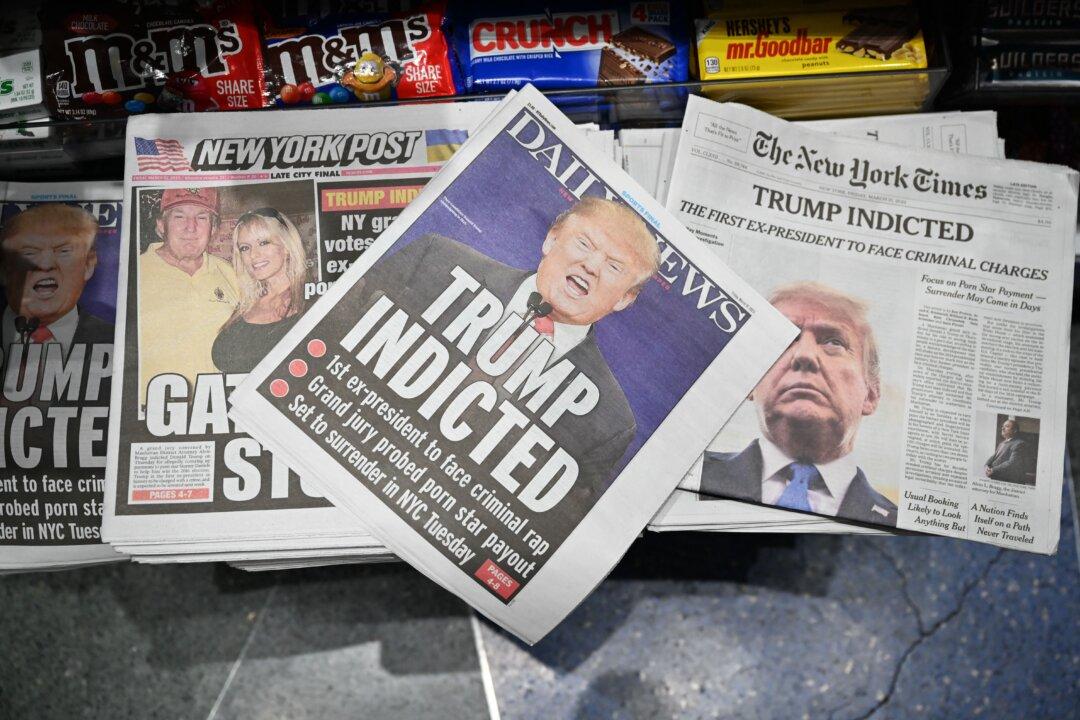Commentary
The terms anarchy and tyranny seem like they are contradictory. Anarchy means no state. Tyranny means nothing but state. What possibly could anarcho-tyranny mean?

The terms anarchy and tyranny seem like they are contradictory. Anarchy means no state. Tyranny means nothing but state. What possibly could anarcho-tyranny mean?